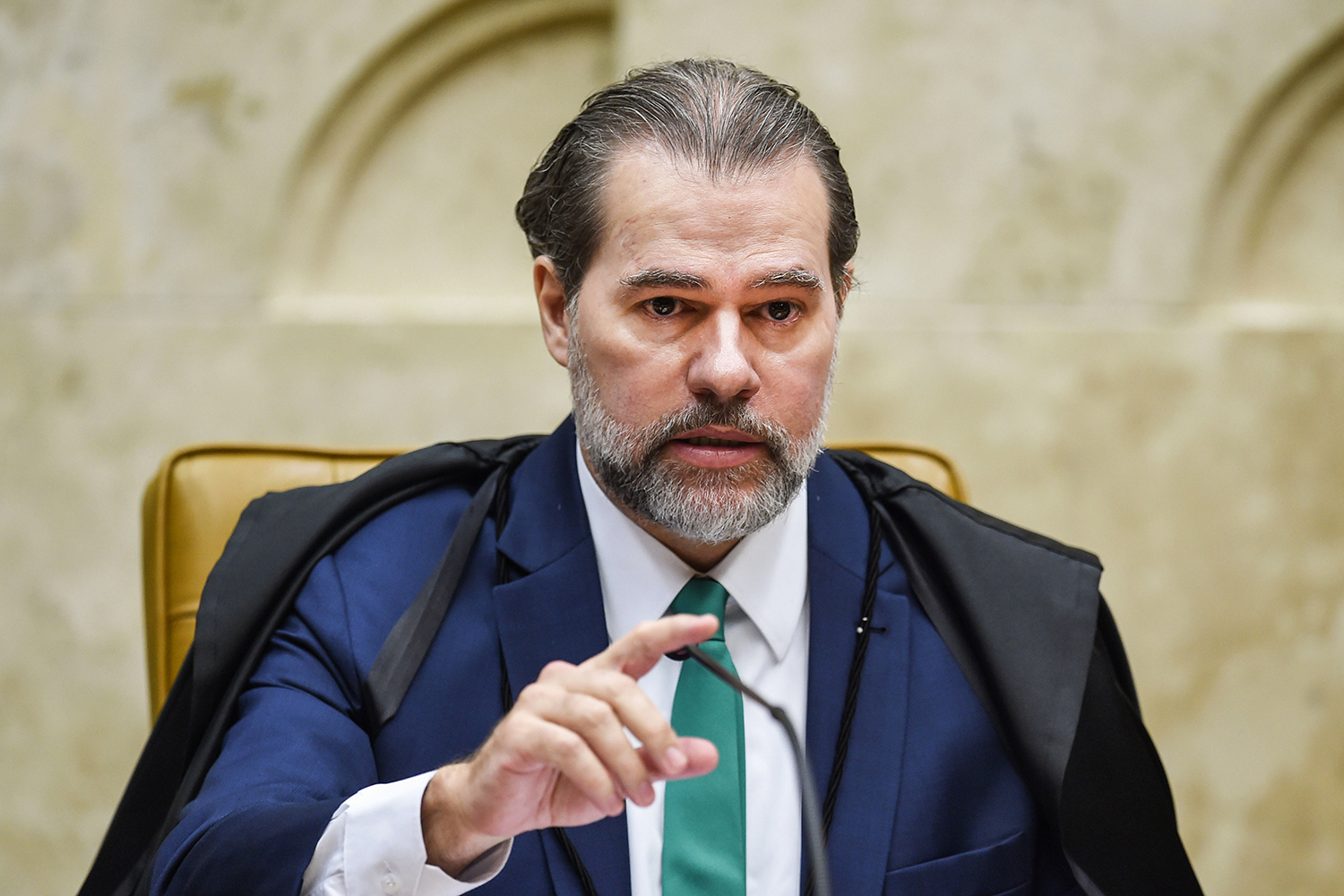05RIO DE JANEIRO, BRAZIL – Federal Supreme Court (STF) Presiding Justice Dias Toffoli said on Saturday, June 20th, that according to the 1988 Constitution, the Armed Forces are not allowed to act as a “moderating power” over the other Republican branches of government.

After quoting Article 142 of the Constitution, which deals with the powers of the Armed Forces, Toffoli said the 1988 Charter “stated that the Supreme Court is the guardian of the Constitution. The Armed Forces can no longer be a moderating power”.
The statement was made during a videoconference on The Role of the STF in Times of Crisis, organized by the group ‘Prerrogativas’, to protect attorneys’ professional prerogatives. Toffoli answered a question submitted by ex-president José Sarney, who asked him about the current challenges of holding the Supreme Court seat.
Toffoli gave a long speech, citing several jurists and historians, in which he spoke about the different roles played by the Armed Forces throughout the country’s history, including what he called the 1964 “movement”, in reference to the military regime period. This was the last moment when they were called upon to exercise such moderating power, the justice stressed.
Toffoli further noted that, after the military left power, the pact reached with the establishment of the 1988 Constitution determines that the Supreme Court is the exclusive and ultimate guarantor of the new balance of power.
“It was the possible agreement reached, and the Supreme Court is the guardian of this agreement, no one else,” he said. “Obviously everyone must comply with the Constitution and everyone is the guardian of the Constitution. But the Supreme Court is its ultimate guardian,” he said.
The justice added this is the framework “we have” and that, although it displeases many, it is up to him alone, as head of the institution, to be “the Supreme Court’s liaison officer in its political-institutional relations.
Source: Agência Brasil

